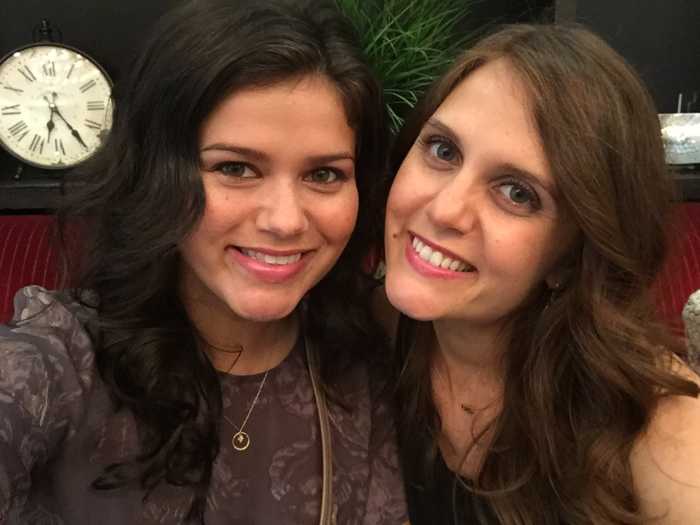A proposal to open a Hebrew-themed charter school in southern Brooklyn’s District 22 has been met with concerns about maintaining separation of church and state – and questions about how nearby public schools will be affected.
“Can you totally extract religion from it? I don’t think that you can,” said Christopher Spinelli, president of School District 22’s Community Education Council (CEC), which is a volunteer group of parents advocating for schools in Mill Basin, Bergen Beach, Manhattan Beach, Marine Park, Gerritsen Beach, Flatbush and Sheepshead Bay. “It’s so intertwined in the culture and the language.”
“The beauty of the public school system in New York City is the diversity that you have so to really start sectioning off certain schools and start targeting them for certain audiences, I don’t understand it,” he added.
The school is financially supported by the Steinhardt Foundation for Jewish Life, which lists its long-term goal as “the emergence of a thriving, dynamic and creative Jewish community whose contributions to American culture are informed and inspired by distinctive Jewish values that are fully compatible with life in the open society.”
A city Department of Education (DOE) spokesperson said that if the school were approved, religion would not be part of the curriculum.
The rep cited the state Charter Schools Act, which says, “A charter shall not be issued to any school that would be wholly or in part under the control or direction of any religious denomination, or in which any denominational tenet or doctrine would be taught.”
The DOE already operates several schools with a focus on language and culture, including Arabic, Spanish, Russian and Chinese. The DOE says these schools do not teach religion.
Regardless of what is or isn’t taught at a Hebrew-themed school, it’s sure to be met with the same headline-grabbing controversy that befell the Khalil Gibran International Academy, the city’s first Arabic-themed school.
Spinelli wondered if District 22 can handle the attention.
“If it is going to be extremely controversial and it’s going to dominate the headlines in District 22, it’s going to detract from the great things going on,” he said. “District 22 is the only district in Brooklyn that is not a District in Need of Improvement.”
There’s also the question about where the charter school would be located.
If the school is approved by the DOE and then the state Board of Regents, the school’s leaders would work with the DOE to find a suitable location. That could be a new, private building but if that plan fails, a District 22 school could be asked to relinquish classrooms for the charter school.
Parents criticized similar space-sharing arrangements proposed for P.S. 15 in Red Hook and P.S. 282 in Park Slope amid fears that their children’s class sizes would increase as a result of having fewer classrooms.
Spinelli said District 22’s schools would likely be unable to house another school.
“I don’t know that we have the space. Most of the schools in District 22 are at or near capacity,” he said.
In an interesting twist, the Hebrew-themed school’s design team is led by a columnist for the New York Sun, which fiercely opposed the creation of the Khalil Gibran Academy. The columnist’s father is Michael Steinhardt, an owner of the Sun and chair of the Steinhardt Foundation for Jewish Life.
Adem Carroll, a member of Communities in Support of Khalil Gibran International Academy and the board chair of the Muslim Consultative Network, said he supports the idea of a Hebrew-themed school.
“I personally have no problem with these schools. I think it’s only fair to try to see what works best for the students,” he explained. “There is interest in these dual language schools whether they’re Chinese or Spanish language or Hebrew or Arabic.”
However, “I am concerned that there is a double standard and the Arabic school will continue to face suspicion and attacks from the right wing and a lack of support from the Department of Education,” he continued. “It would be really too bad if we see that in the end the Hebrew school receives support and the Arabic school does not because it would send a negative message to a lot of people in Brooklyn.”






















